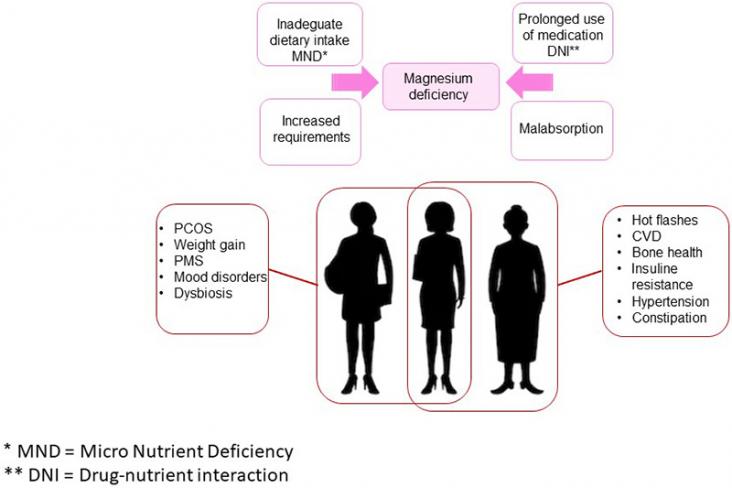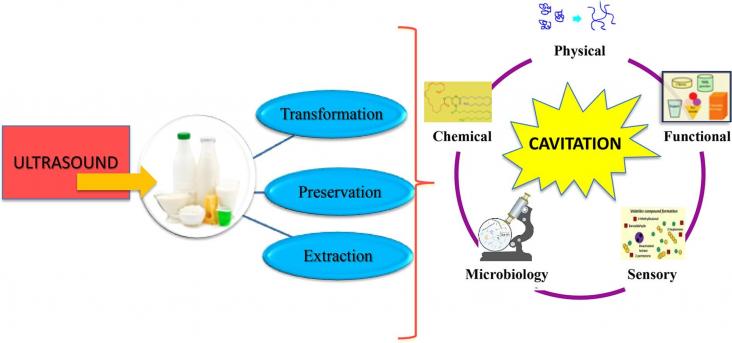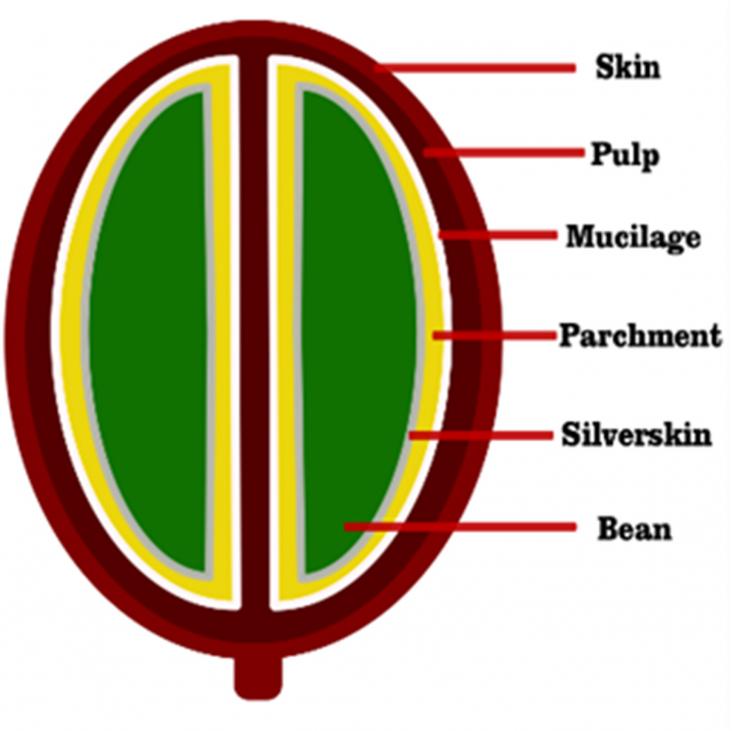
Magnesium is one of the most important micronutrients for the human body, is involved in many physiological pathways and is essential for the maintenance of normal cell and organ function.
Reviews and explains the challenges posed by mycotoxins on food safety, which have consequences on the health of consumers and livestock. Also discusses the prospects of mycotoxin outbreaks in a world climate change scenario. Supports SDG 2: Goal 2. End hunger, achieve food security and improved nutrition and promote sustainable agriculture
Background: Almost a quarter of the world's undernourished people live in India.
Poor weaning practice and malnutrition among under 5 (yrs) children are still major public health issues in Bangladesh.

Alternative methods for improving traditional food processing have increased in the last decades.
Over the years, chemical pre-treatments have been used intensively to maintain apple quality and reduce decay during postharvest.

Background: Coffee is of the most traded commodities in the world and its market has grown regularly over the last 150 years.
Food packaging can be considered as a passive barrier that protects food from environmental factors such as ultraviolet light, oxygen, water vapour, pressure and heat.

Food production on our planet is dominantly based on agricultural practices developed during stable Holocene climatic conditions.
The effect of the river chief system on reducing agricultural NPS pollution is explored in this study using panel data from 308 Chinese counties during the period from 2004 to 2015.
